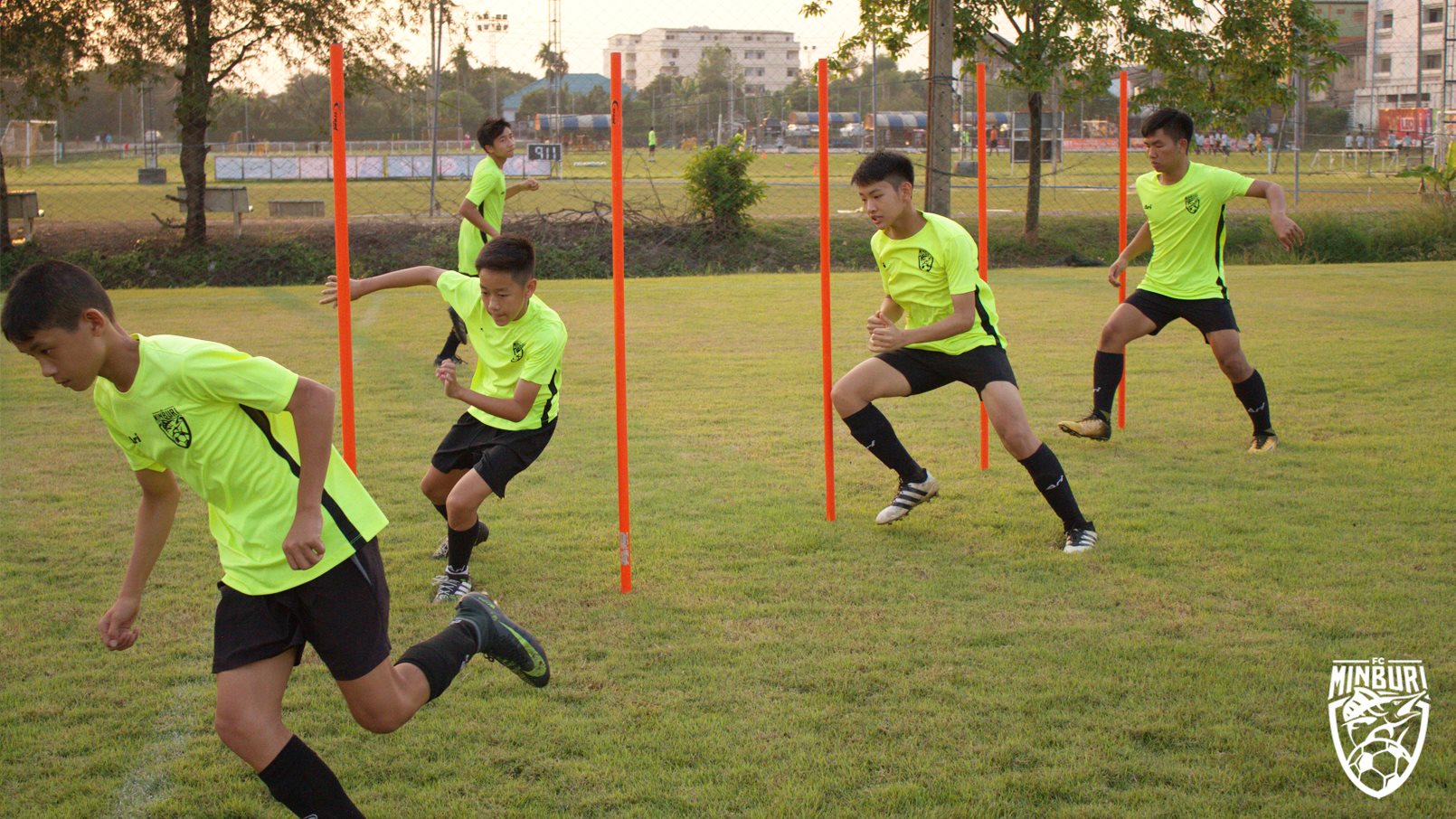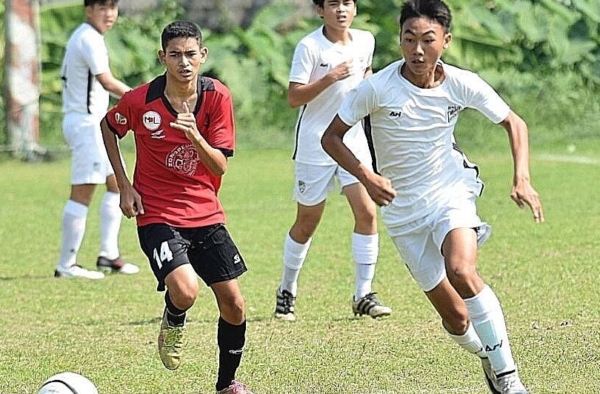Soccer is one of the most popular and accessible sports in the world, with millions of children, teenagers, and adults playing it in various capacities. For parents and coaches, one of the common questions is: When is the right age to start playing soccer?
While there’s no one-size-fits-all answer, it’s essential to understand the developmental stages of a child’s growth to ensure they get the most out of their soccer experience. Soccer can be introduced at a young age, but how it’s introduced and the focus at different ages can vary widely. Here’s a guide to help parents and coaches decide when and how to introduce children to soccer based on age and developmental milestones.
Early Childhood (Ages 2-4)
While it may seem young, children as young as two or three can begin to engage in basic soccer activities. At this age, the focus should not be on technical skills but rather on developing coordination, balance, and an enjoyment of movement. These early years are about introducing the concept of soccer in a fun and lighthearted way.
What to focus on:
- Coordination and Balance: Simple activities like kicking a soft ball, running, and stopping the ball can help young children develop motor skills.
- Basic Movement: Encourage activities that involve changing direction, running, and even simple games like “chase the ball.”
- Team Play and Sharing: Early exposure to group play and social interaction can foster teamwork, sharing, and communication.
At this stage, children won’t have the ability to understand advanced soccer concepts, but they can certainly begin to associate positive experiences with the sport.
Preschool to Early Elementary (Ages 4-6)
Around ages 4 to 6, children begin to develop more control over their movements and can start learning basic soccer skills. Many soccer programs at this age focus on fun and encouraging social interaction rather than on competition or intense skill-building. This is the time when children begin to develop an interest in the rules of the game, teamwork, and working with others.
What to focus on:
- Basic Skills: Kicking, dribbling, and trapping the ball can begin to be introduced. At this age, the emphasis should still be on basic coordination and muscle memory.
- Fun Games and Activities: Activities like small-sided games (e.g., 1v1, 2v2) or relays that emphasize skill development in a fun, relaxed atmosphere work best.
- Introduction to Teamwork: While young children may not fully grasp all the intricacies of the game, they start to understand the importance of working together as a team.
Children should still be encouraged to explore and enjoy the sport without heavy emphasis on competition or performance. This approach helps foster a love for the game and sets the foundation for more advanced training as they grow.
Elementary to Early Middle School (Ages 7-10)
At ages 7 to 10, children are physically more capable and can focus on developing soccer skills, both individually and within a team setting. They begin to understand the rules of the game more clearly and can handle more structured training and practice. This is the stage when soccer moves from purely fun activities to more formalized practice.
What to focus on:
- Technical Skills: Dribbling, passing, shooting, and defending become a focus at this age. Players can start to learn how to manipulate the ball with both feet and focus on controlling the ball under pressure.
- Tactical Understanding: Although soccer strategies are still simple at this age, children begin to understand basic positioning on the field, such as where to be when their team has the ball or when the opponent has possession.
- Game Play and Team Dynamics: At this stage, kids can start playing 7v7 or 9v9 games, allowing them to experience the full aspects of soccer, including offense, defense, and teamwork.
The emphasis should still be on skill development, fun, and understanding the basic structure of the game. Competitive leagues may begin at this age, but the focus should still be on growth rather than intense pressure to win.
Middle School to Early High School (Ages 11-14)
By ages 11 to 14, young players can start to refine their technical and tactical skills. At this age, many players will have decided whether they want to pursue soccer more seriously, and their physical development will allow them to perform more complex maneuvers on the field. Coaches can begin to implement more advanced training techniques, focusing on both individual skills and team strategies.
What to focus on:
- Advanced Techniques: This age is when players can start working on advanced techniques, such as ball control under pressure, advanced passing (e.g., through balls, crosses), and shooting with power and accuracy.
- Fitness and Conditioning: Training can start to include more conditioning drills, including endurance, agility, and strength training, to support the physical demands of the game.
- Tactical Awareness: Players begin to understand more complex strategies, such as defensive positioning, attacking patterns, and how to read the game.
Competitive play becomes more prominent at this stage, with youth leagues, school teams, and travel teams offering opportunities for players to compete at higher levels. However, balance is still important—there should be a focus on developing players rather than pushing them too hard for immediate success.
High School (Ages 15+)
Once players reach ages 15 and above, they are typically physically capable of handling the intensity of competitive soccer, and many are looking to play at a higher level, whether at the high school, club, or even college level. Training at this stage can be intense, with a focus on both refining individual skills and enhancing team dynamics.
What to focus on:
- Advanced Tactics and Strategy: High school players can handle complex strategies, including analyzing opponents, creating set-piece plays, and understanding the mental aspects of competition.
- Physical Conditioning and Nutrition: Players looking to excel may engage in specialized fitness programs tailored to soccer, focusing on strength, speed, agility, and endurance. Nutrition also becomes important at this stage.
- Mental Preparation: Soccer at this age often involves intense competition. Players need to be prepared mentally, focusing on game awareness, decision-making, and handling pressure.
Conclusion
The right age to start playing soccer can vary depending on the child’s interests and physical development, but generally, children can start enjoying soccer as early as age 2 or 3, with a focus on fun, basic coordination, and physical activity. By ages 4-6, they can begin to learn fundamental skills like dribbling, kicking, and simple game rules. As they grow, around ages 7-10, children can focus more on developing technical skills and understanding the basics of teamwork and strategy. From ages 11-14, the game becomes more structured and competitive, with advanced skills and tactics becoming the focus. Finally, by age 15 and above, players are physically ready for more intense competition and training, with many aiming to play at a high level.
No matter the age, the key is to foster a love for the sport and provide a positive environment for growth. Starting at the right age is about giving children the opportunity to enjoy the game and develop at their own pace.



